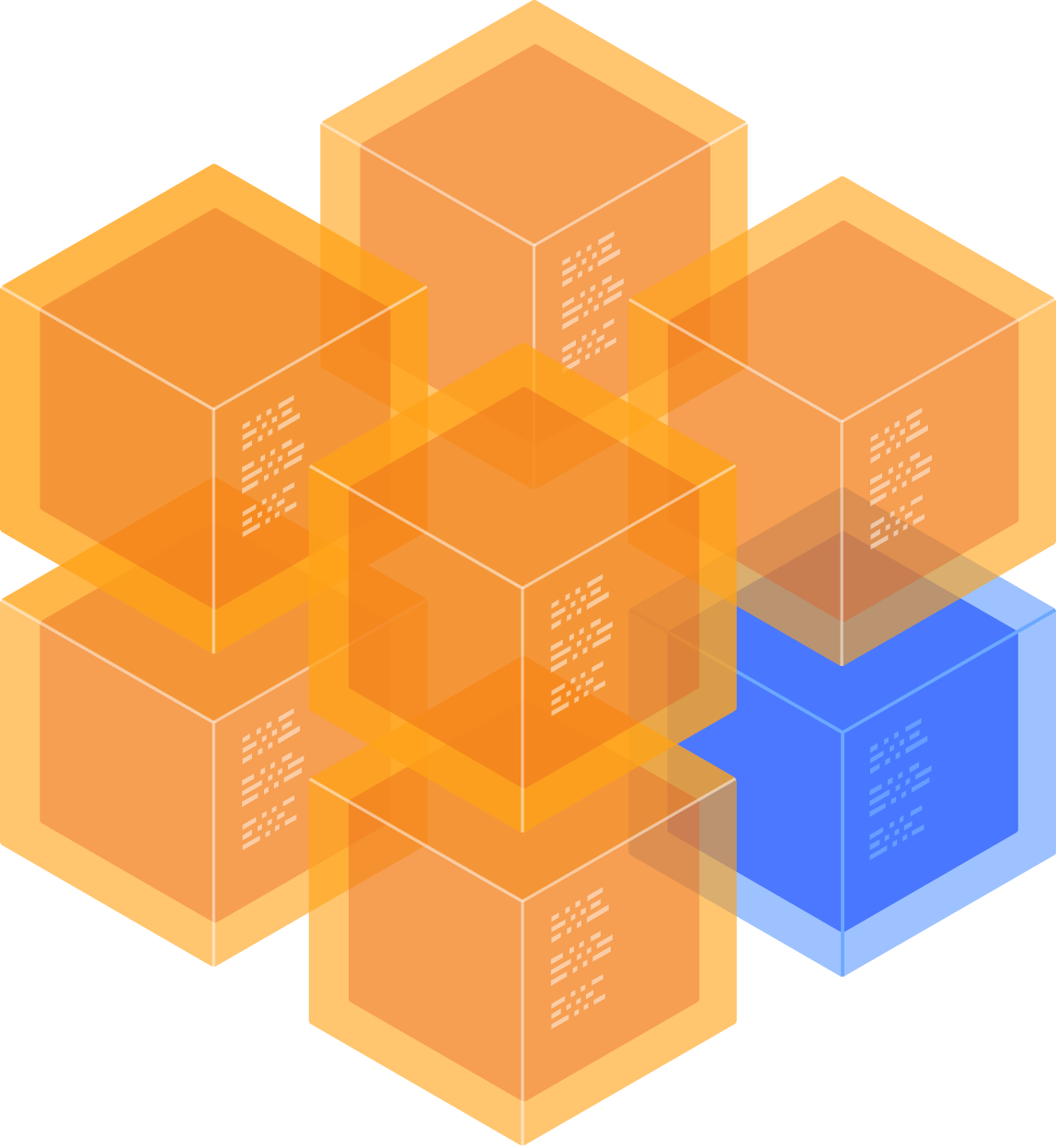Pg_probackup is a utility to manage backup and recovery of PostgreSQL database clusters. It is designed to perform periodic backups of the PostgreSQL instance that enable you to restore the server in case of a failure.
The utility is compatible with:
- PostgreSQL 9.6, 10, 11, 12, 13, 14.
As compared to other backup solutions, pg_probackup offers the following benefits that can help you implement different backup strategies and deal with large amounts of data:
- Choosing between full and page-level incremental backups to speed up backup and recovery
- Implementing a single backup strategy for multi-server PostgreSQL clusters
- Automatic data consistency checks and on-demand backup validation without actual data recovery
- Managing backups in accordance with retention policy
- Running backup, restore, and validation processes on multiple parallel threads
- Storing backup data in a compressed state to save disk space
- Taking backups from a standby server to avoid extra load on the master server
- Extended logging settings
- Custom commands to simplify WAL log archiving
To manage backup data, pg_probackup creates a backup catalog. This directory stores all backup files with additional meta information, as well as WAL archives required for point-in-time recovery. You can store backups for different instances in separate subdirectories of a single backup catalog.
Using pg_probackup, you can take full or incremental backups:
Fullbackups contain all the data files required to restore the database cluster from scratch.Incrementalbackups only store the data that has changed since the previous backup. It allows to decrease the backup size and speed up backup operations.pg_probackupsupports the following modes of incremental backups:PAGEbackup. In this mode,pg_probackupscans all WAL files in the archive from the moment the previous full or incremental backup was taken. Newly created backups contain only the pages that were mentioned in WAL records. This requires all the WAL files since the previous backup to be present in the WAL archive. If the size of these files is comparable to the total size of the database cluster files, speedup is smaller, but the backup still takes less space.DELTAbackup. In this mode,pg_probackupread all data files in PGDATA directory and only those pages, that where changed since previous backup, are copied. Continuous archiving is not necessary for it to operate. Also this mode impose I/O stress equal toFullbackup and takes the same amount of time.PTRACKbackup. In this mode, PostgreSQL tracks page changes on the fly. Continuous archiving is not necessary for it to operate. Each time a relation page is updated, this page is marked in a specialPTRACKbitmap for this relation. As one page requires just one bit in thePTRACKfork, such bitmaps are quite small. Tracking implies some minor overhead on the database server operation, but speeds up incremental backups significantly.
Regardless of the chosen backup type, all backups taken with pg_probackup support the following archiving strategies:
Autonomous backupsinclude all the files required to restore the cluster to a consistent state at the time the backup was taken. Even if continuous archiving is not set up, the required WAL segments are included into the backup.Archive backupsrely on continuous archiving. Such backups enable cluster recovery to an arbitrary point after the backup was taken (point-in-time recovery).





